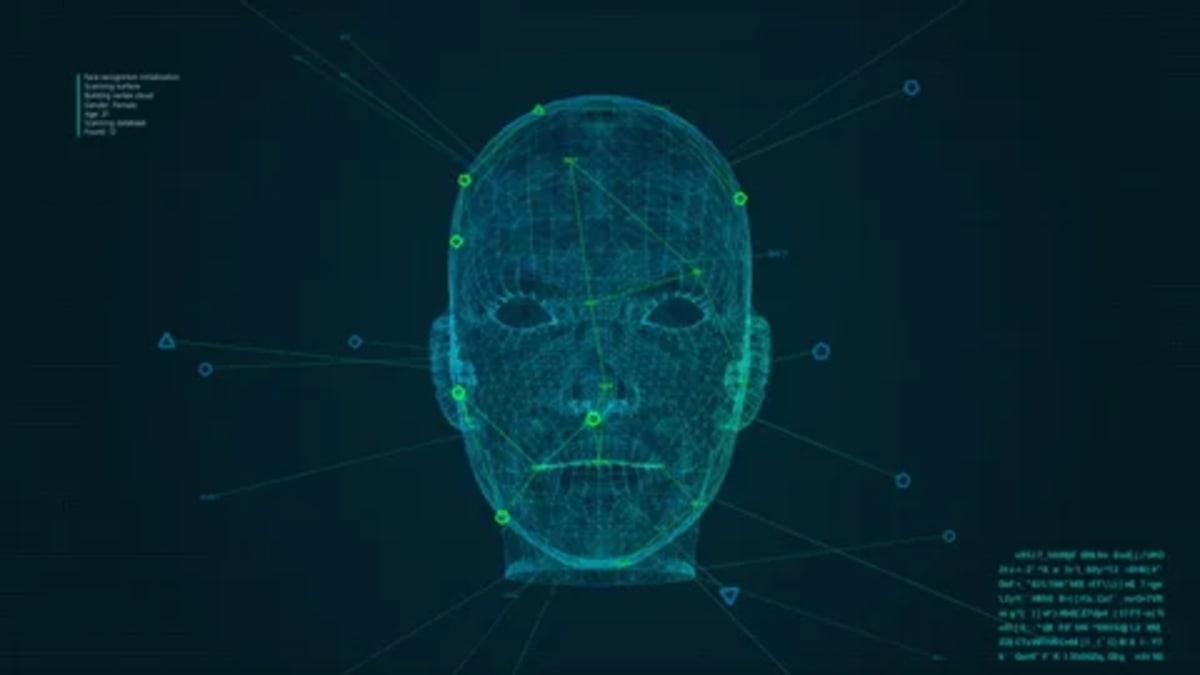The Davao City Police Office in the Philippines has expressed its backing for a proposed ordinance aimed at integrating facial recognition technology into the city’s surveillance and emergency-response systems.
[1] Acting Director Col. Mannan C. Muarip held discussions with city officials to fine-tune a proposed ordinance that [2] would integrate facial-recognition technology with the Davao City 911 Command Centre via a GPS-enabled and geospatially integrated platform. The measure seeks to enhance incident response and strengthen border security while maintaining a commitment to transparency, accountability, and public oversight. Muarip emphasized the importance of ethical implementation, underscoring the need to respect religious and cultural diversity and to prevent biases in application. Representatives from the Public Safety and Security Office and Task Force Davao were also present in the meeting, which precedes the council’s formal deliberations on the matter. PSSO Chief Angel Sumagaysay said, “This ordinance is a step forward in modernizing our public safety tools, through responsible implementation and inter-agency collaboration, we can ensure that technology serves the people and protects the city.”
Andre Militar a city councillor claims the initiative will strengthen border security, “This initiative will introduce a system featuring a digital, GPS-enabled, and geospatially integrated platform that will revolutionize emergency response.” City officials also claims the proposal would aim to implement a system that will incorporate GPS-based caller tracking, community geotagging, and smart dispatch coordination.
The importance of maintaining limited scope and oversight has been highlighted by New Orleans' decision to [3] pause its police facial-recognition expansion to address audit and consent requirements. In May, it was reported that New Orleans police have been employing facial recognition software covertly to monitor residents in an attempt to identify crime suspects, as revealed in a recent report. While law enforcement agencies nationwide are increasingly adopting this technology, [4] an investigation by The Washington Post indicates that the police in New Orleans may have surpassed these practices, raising concerns about potential violations of a city ordinance aimed at preventing false arrests and protecting citizens' civil rights.
Similar issues of scale and transparency are emerging internationally, [5] as evidenced by Hong Kong’s planned rollout of 60,000 cameras, which demonstrates that governance complexity escalates when systems achieve citywide coverage. Eric Lai, [6] a Senior Fellow at the Georgetown Centre for Asian Law, stated that Hong Kong's police lack effective oversight from independent watchdogs, and the city does not have established regulations regarding the use of artificial intelligence by law enforcement agencies. “It is therefore questionable whether the existing legal and regulatory framework is sufficient to prevent police abuse of power in deploying AI technology for surveillance, or whether procurement processes are conducted with proper regard for human rights due diligence,” said Lai.
Lia Savillo, [7] a contributor for Vice has warned that facial recognition technology [8] could take the Philippines down a dystopian society predicted by George Orwell. “Governments worldwide are increasingly implementing facial recognition surveillance cameras as a means to address various types of crime, raising concerns about a shift towards a society reminiscent of George Orwell's ‘1984.’ The presence of constant monitoring can be unsettling, particularly in the Philippines, which is known for its challenged justice system. This trend suggests that the capital city, Manila, may be moving in this direction,” Savillo.
